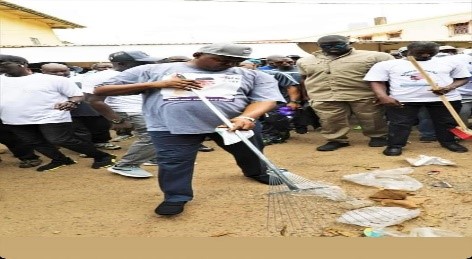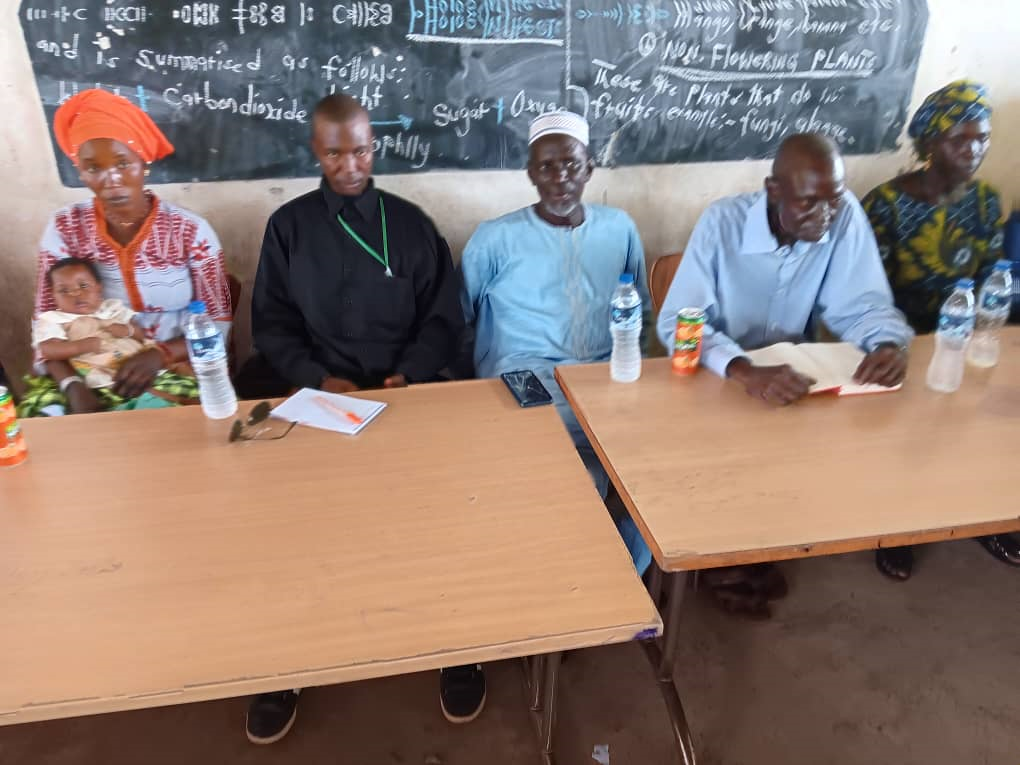By Yunus S Saliu
The National Centre for Arts and Culture UNESCO-Aschberg project training on improving the status of female artists and cultural professionals in The Gambia, on Friday, 3rd March 2023 ended with praises from the participants.
The 3-day intensive training for the female artist and culture professionals held at the NaNA Conference hall brought together women professionals from different artistic and cultural arenas which include music, film/TV, media, gaming and multimedia, fine arts and photography, theatre, dance and performance, literature arts and publishing, fashion and designing, and others.
During the three days session, the consultants, Mrs. Yari Kamara, an international consultant, and Mr. Abdoulie Kolley, a lawyer covered numerous interesting topics which include the role of the arts in society, how artists can ensure their economic rights, the issue of contracts, artists, and copyright, issue of gender equality, freedom of expression, labour rights in the arts, resources mobilization, how female artists can protect themselves from sexual harassment.
Commenting on the project funded by the UNESCO-Aschberg and implemented by the NCAC, Hassoum Ceesay, Director General of the NCAC described the training as a complete success geared towards building capacities of the 100 women in the arts and culture sector on various aspects of making them better professionals in the arts and culture.
He noted that under this project, “so far, before the training, a new regulation on the National Endowment Fund has been completed and validated. It is the first-ever nationwide study on the condition of female artists and now three 100 female artists have been trained to make them better professionals.”
The participating female artists were drawn from all the sectors and were done in conjunction with the artistic groups of The Gambia who were approached and sent members of their associations for the training.
The idea of the training is to build capacity and the next phase is that “NCAC will work with these artists so that they will be able to source for grants. These grants are available through the UNESCO 2005 Convention so that they will be able to undertake projects and that will give them social and economic empowerment and also job opportunities.”
The whole idea, he added, is to uplift the status of the artists and through this training and regulation for the National Endowment Fund and the study on the condition of the female artists “we now have a very powerful cocktail that will help to upgrade the status of artists in this country.”
“I, therefore, use this opportunity to commend UNESCO-Aschberg for choosing the Gambia out of the 33 countries to undertake this project,” he appreciated the partners.





